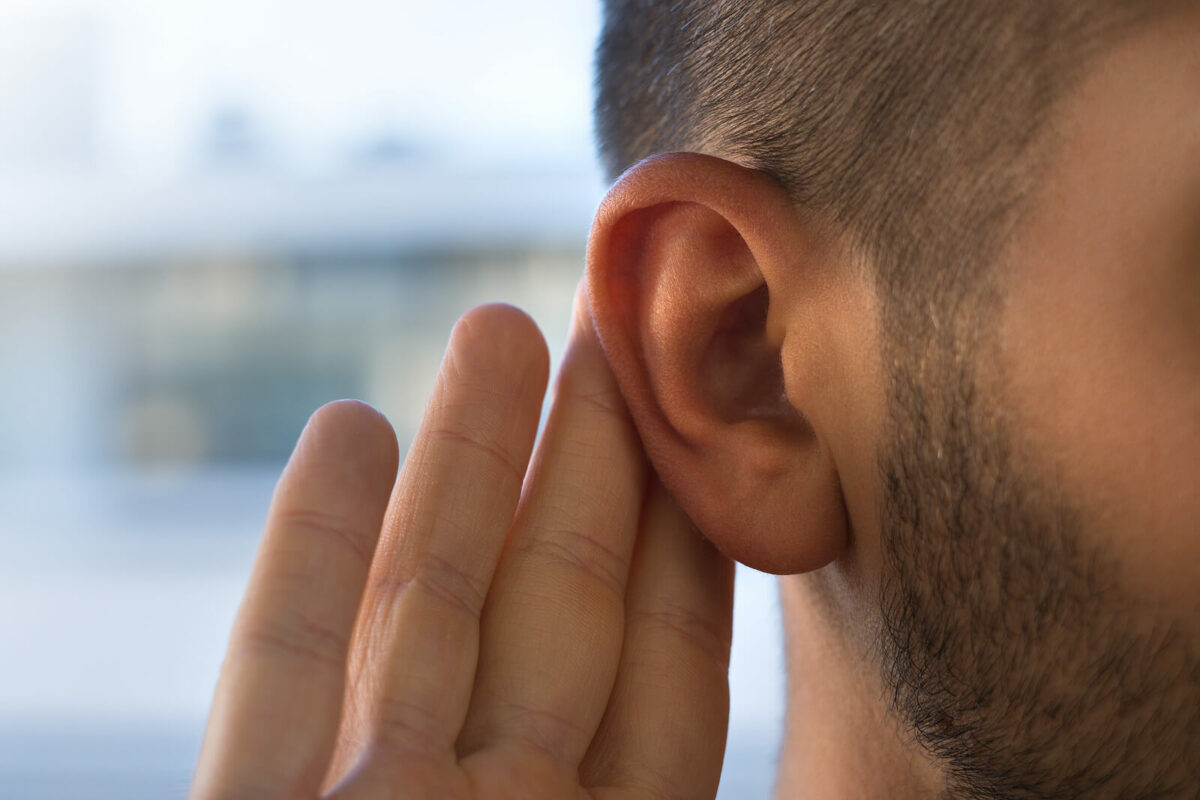Hearing loss is a prevalent condition that can impact various aspects of life. Sensorineural hearing loss is one of the most common types of hearing loss. Let’s look at the basics of sensorineural hearing loss, exploring its causes, symptoms, diagnosis, and potential treatments. Whether you’re navigating this condition yourself or seeking to understand it better for a loved one, this guide is for you.
Understanding Sensorineural Hearing Loss
Sensorineural hearing loss (SNHL) is a type of hearing loss that occurs when there is damage to the inner ear or the auditory nerve pathways. The inner ear consists of delicate structures, including the cochlea and the auditory nerve. The cochlea, a snail-shaped organ, plays a crucial role in converting sound vibrations into electrical signals. This is the system responsible for transmitting sound signals to the brain, and it’s vital for the process of hearing.
Causes of Sensorineural Hearing Loss
The most common causes of SNHL include:
- Aging (Presbycusis): Age-related hearing loss, known as presbycusis, is a common cause of sensorineural hearing loss. It typically occurs gradually and affects high-frequency sounds.
- Noise-Induced Hearing Loss: Prolonged exposure to loud noises, whether in the workplace or during recreational activities, can cause damage to the hair cells in the cochlea, leading to sensorineural hearing loss.
- Genetics: Genetic factors can contribute to sensorineural hearing loss. Some individuals may be predisposed to inherit genetic mutations that impact the development or function of the inner ear.
- Illnesses and Infections: Certain illnesses and infections, such as meningitis, mumps, or autoimmune disorders, can cause sensorineural hearing loss by affecting the delicate structures of the inner ear.
- Medications: Certain medications, known as ototoxic drugs, have the potential to damage the inner ear and auditory nerve, leading to sensorineural hearing loss. Examples include certain antibiotics and chemotherapy drugs.
- Trauma or Head Injury: Severe head injuries can damage the inner ear or auditory nerve, resulting in sensorineural hearing loss.
Symptoms of Sensorineural Hearing Loss
Sensorineural hearing loss often develops gradually over time, making it challenging for individuals to recognize the changes in their hearing abilities. These are some of the symptoms of SNHL:
- Difficulty Hearing High Frequencies: Difficulty hearing high-pitched sounds, such as the chirping of birds or the ringing of a phone, is a common symptom of sensorineural hearing loss.
- Muffled Sounds: Sounds may seem muffled or unclear to individuals with sensorineural hearing loss. This affects their ability to understand speech and engage in conversations.
- Tinnitus: Tinnitus, the perception of ringing or buzzing sounds in the ears, is a frequent companion of sensorineural hearing loss.
- Difficulty Hearing in Noisy Environments: Individuals with sensorineural hearing loss may find it challenging to understand speech in noisy environments, where competing sounds make it more difficult to focus.
Diagnosis and Assessment
Hearing health specialists conduct comprehensive evaluations, including pure-tone audiometry and speech audiometry, to assess the extent and nature of sensorineural hearing loss.
In some cases, imaging tests such as magnetic resonance imaging (MRI) may be recommended to identify structural issues within the inner ear or auditory nerve.
Treatment Options for Sensorineural Hearing Loss
Hearing aids are commonly prescribed for sensorineural hearing loss. These devices amplify sounds and can be customized to address specific hearing needs. In cases of severe to profound sensorineural hearing loss, cochlear implants may be recommended. These electronic devices bypass damaged parts of the inner ear, directly stimulating the auditory nerve.
Assistive listening devices, such as FM systems or captioned telephones, can also enhance communication by reducing background noise and improving clarity.
Coping Strategies
Acknowledging and addressing the emotional impact of sensorineural hearing loss is crucial. Seeking support from friends, family, or support groups can provide valuable emotional reassurance.
Employing effective communication strategies, such as facing the speaker directly and advocating for clear communication, enhances the overall communication experience.
Do You Have SNHL?
Understanding sensorineural hearing loss is just one step toward effective management and support. Book a hearing test to find out more about your hearing health and find out if you have sensorineural hearing loss.
We work with the world’s top hearing aid manufacturers to bring you the best hearing solutions. Find your perfect devices today!

